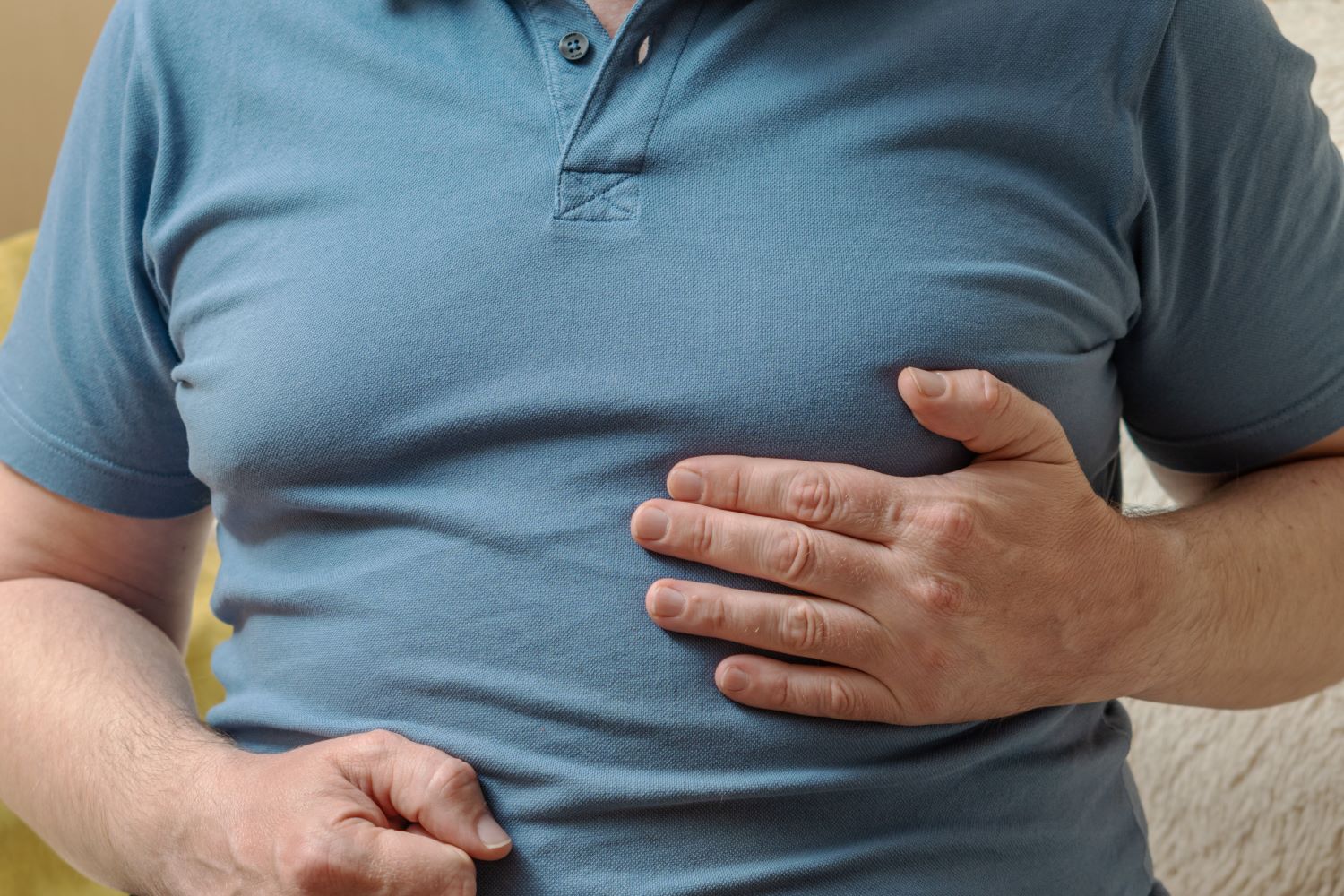
Understanding Gynecomastia: Insights from Dr. Mayur Shetty at Skinspire Clinic
What is Gynecomastia?
Causes of Gynecomastia
Hormonal Changes:
Puberty: Hormonal fluctuations during adolescence can temporarily lead to gynecomastia.
Aging: As men age, hormonal changes can result in breast tissue enlargement.
Medical Conditions: Conditions like hyperthyroidism, kidney failure, and liver disease can affect hormone balance.
Medications:
Certain drugs, including anti-androgens, anabolic steroids, AIDS medications, anti-anxiety drugs, and some antibiotics, can contribute to gynecomastia.
Substance Use:
The use of substances such as alcohol, marijuana, heroin, and methamphetamine can lead to the development of gynecomastia.
Health Issues:
Tumors affecting the testes, adrenal glands, or pituitary gland can disrupt hormone production.
Hypogonadism, which causes low testosterone levels, can also result in gynecomastia.
Herbal Products:
Some plant oils, like tea tree or lavender oil, found in personal care products, have weak estrogenic activity and may cause gynecomastia.
Symptoms of Gynecomastia
Tenderness or pain in the breast area.
Swelling or firmness of the breast tissue.
Nipple sensitivity or, in rare cases, discharge.
It’s important to differentiate gynecomastia from male breast cancer, which is less common and usually involves a hard, irregular lump.
Diagnosing Gynecomastia
At Skinspire Clinic, Dr. Mayur Shetty follows a comprehensive approach to diagnose gynecomastia:
Conducts a thorough physical examination of the breast tissue.
Reviews the patient’s medical history and medication use.
Orders blood tests to assess hormone levels and liver, kidney, and thyroid function.
Utilizes imaging tests, such as mammograms or ultrasounds, to evaluate the breast tissue.
Treatment Options for Gynecomastia
The treatment plan for gynecomastia at Skinspire Clinic depends on the underlying cause, severity, and patient discomfort:
Observation:
Medication:
If medications are causing gynecomastia, altering or stopping the medication may help.
Hormone therapy, including anti-estrogens or androgens, can be prescribed to correct hormonal imbalances.
Lifestyle Adjustments:
Reducing alcohol intake, avoiding recreational drugs, and maintaining a healthy weight can alleviate symptoms.
Surgical Intervention:
For persistent or severe cases, surgical options like liposuction or mastectomy (removal of breast gland tissue) may be necessary to remove excess tissue and restore a natural chest contour.
Coping with Gynecomastia
Living with gynecomastia can be challenging, especially for younger individuals. Emotional support from family, friends, and counseling can help. Joining support groups where individuals can share experiences and coping strategies is also beneficial.
